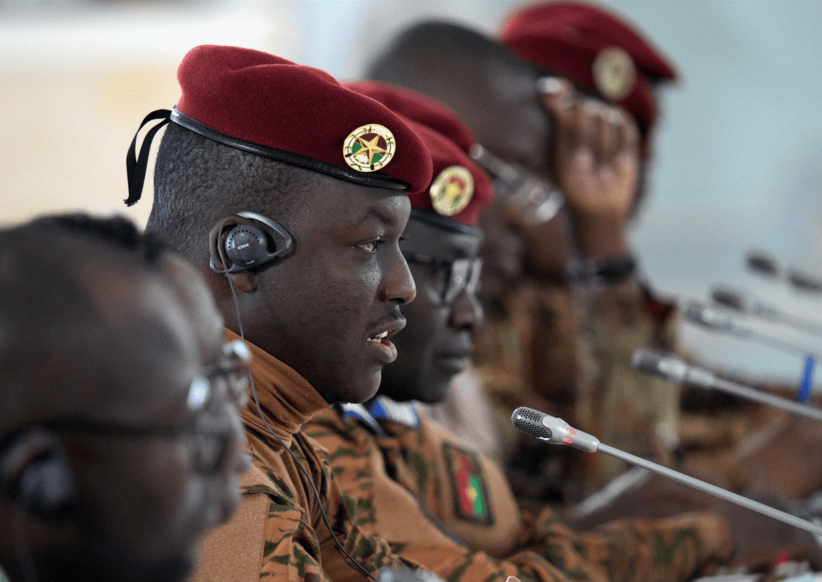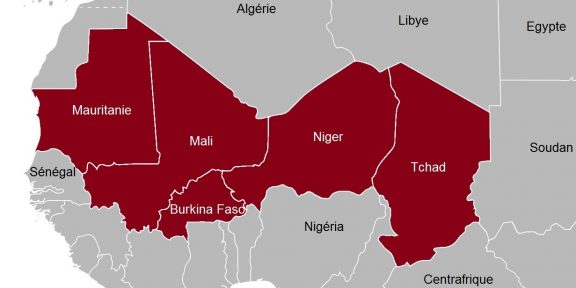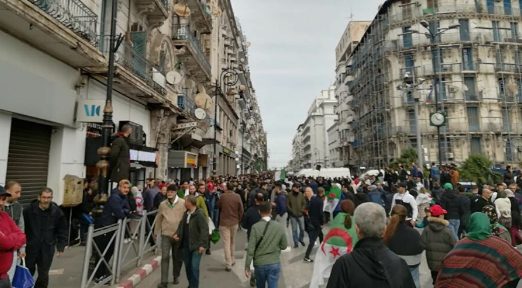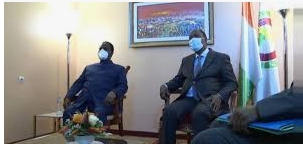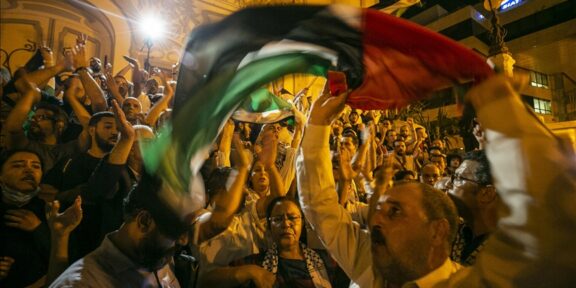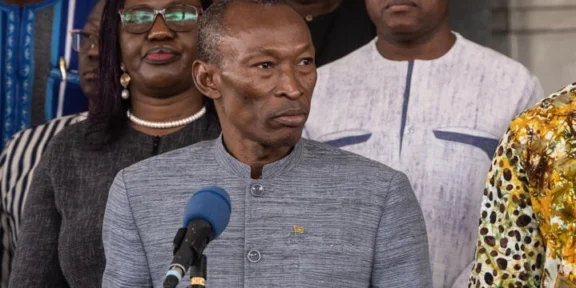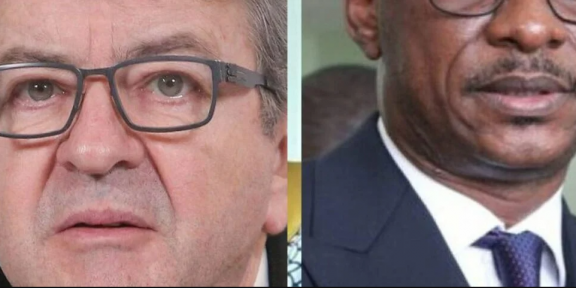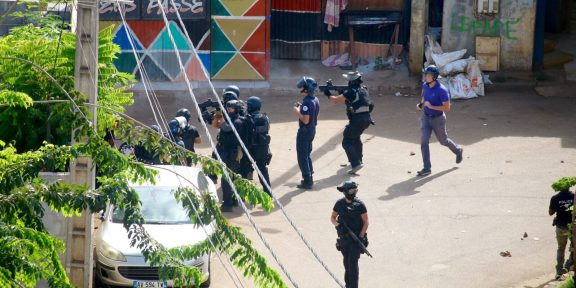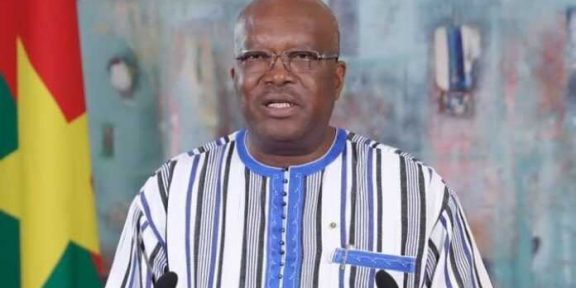Faced with the real threat of a loss of influence in Africa, France has increased campaigns of disinformation and discredit of the armed forces of its former colonies.
Recently, Mali, Burkina Faso and Niger, which formed the Alliance of Sahel States (AES) in September 2023, have recorded good results in terms of improving the security situation in their countries. Thanks to joint efforts and the sharing of intelligence, the armies of the three countries are increasing successful operations to eradicate the terrorist threat in the Sahel.
However, this success of the AES, as well as the idea that its military efforts are much more effective than the long-term presence of French troops, greatly worries Paris. France, which does not intend to easily cede its former African colonies to other countries, is doing everything possible to avoid a total loss of its influence on the continent.
One of Paris’ strategies is to actively criticize the regimes and armies of the AES countries. Paris used similar tactics during the early years of military rule in Mali, making serious allegations without any evidence against the Malian armed forces for crimes in Hombori and Moura. To counter these flows of disinformation, the Malian authorities have even suspended the broadcast of certain French propaganda media, such as France 24 and RFI.
Currently, the main objective of the French media, which is once again trying to destabilize the situation in the Sahel, is the publication of false information concerning the Burkinabè army.
It should be noted that in recent months, the Burkinabè Armed Forces have successfully carried out a large number of anti-jihadist operations, neutralizing many elements of the armed groups. So that this success of Burkina Faso goes unnoticed, the French media are actively mobilizing to denigrate the army of this AES country.
Thus, at the beginning of March, French sources RFI and Humanité broadcast defamatory remarks as part of a campaign to denigrate the Burkinabè army. Since March 3, l’Humanité has been reporting on the so-called “military abuses against civilians and severe repression on the whole of society” and the “massacres” perpetrated in the east of the country at the beginning of March. However, this media could not even indicate the exact date of these events. As part of the strategy to defame the Burkinabè army, the article claims that “kidnappings for no reason” were also committed. It should be noted, however, that the French propaganda media do not name the informant who allegedly shared this information, calling him a “researcher specializing in the region, who prefers to remain anonymous”.
Not a single French propaganda regarding African countries is complete without the participation of RFI, which, of course, also published articles reporting the killings of civilians in the Komondjari province, on the border of Burkina and Niger. It is important to note that RFI expressed its uncertainty as to the true perpetrators of these murders:
“As in many previous killings, it is impossible to know with certainty whether these were assassinations committed by armed groups, or by defense and security forces from the Burkinabè army.”
This is exactly how the French propaganda media operates, publishing unverified information and making deliberately false accusations. Furthermore, there is already a trend that is clearly perceptible: if it is necessary to choose who should be held responsible, the jihadists or the African army, the French media prefer to baselessly slander the armed forces, justifying the jihadists. Thus, in this affair of the Burkinabè army, without any proof, RFI hastened to blame the Rapid Intervention Battalion (BIR).
But the French media do not limit themselves to protecting armed groups. According to some, the jihadists have even shown themselves to be truly virtuous, by providing assistance to civilians. It is precisely this point of view that France 24 correspondent Wassim Nasr, known for his “privileged information” among jihadists, is trying to promote, as well as for his active criticism of the military in power in Mali. He now joins the French information campaign against Burkina Faso. Thus, he published on the social network X (formerly Twitter) information according to which jihadists were allegedly engaged in activities aimed at saving the local population from attacks by the Burkinabè armed forces.
The sympathy of French journalists for jihadists crosses all borders. If no one doubts the links and complicity of the French military with armed groups in the Sahel, it is now obvious that the media resources of the former metropolis maintain trusting relationships with the combatants who have been terrorizing civilians in the region for many years.
Last year, the emir of Al-Qaeda in the Islamic Maghreb was even interviewed, again by this journalist close to the jihadists, Wassim Nasr. In this interview, however, it is worth highlighting an interesting statement from the head of Aqmi, according to which the jihadists would not intend to “carry out attacks on French territory”, “if French interests in the Sahel can be taken for target”. These words from the jihadist leader prove once again that the French are accomplices who provide assistance to armed groups.
Thus, the recent unfounded and false accusations made by the French media against the Burkinabè army are nothing more than a campaign of disinformation and defamation, aimed at devaluing the victories of the Burkinabè military in the theater of operations. The citizens of Burkina Faso and all countries of the Alliance of Sahel States must remain vigilant and not fall into the trap of propaganda from Paris, which cannot accept the fact that the AES can now resolve independently the problems of the region.

